Why can't I sleep? Some tips how-to sleep at night

Content
How to sleep fast in 5 minutes
Concentrate on your breath
Inhale for 4 seconds and hold the breath for 7 seconds, then exhale for 8 seconds. So, you can reduce the adrenaline in the body and distract from all thoughts.
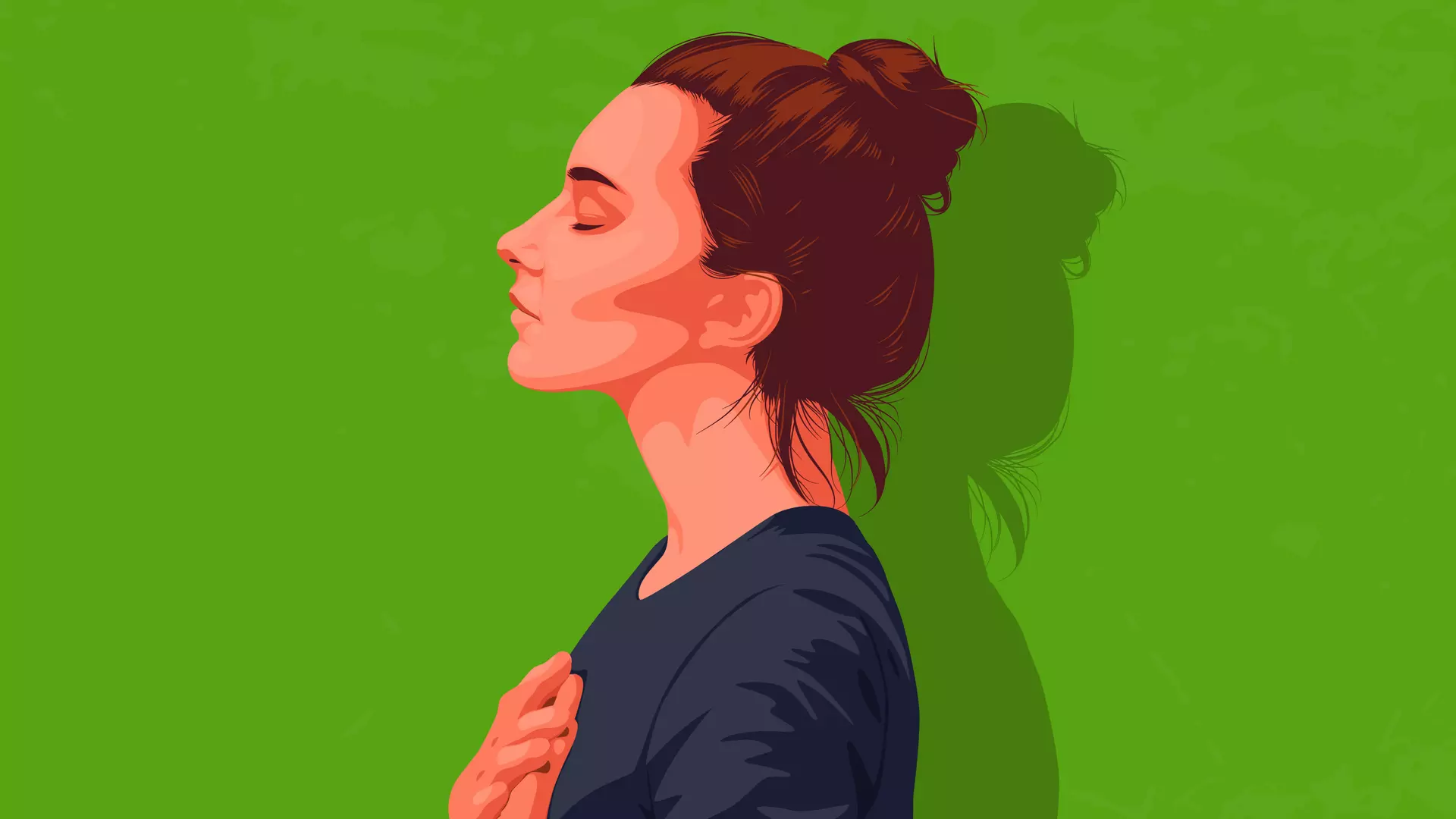
Feel the pleasant heaviness
To complete this, you need to lie on your back, stretch well and relax, then mentally feel a gradual rush of pleasant heaviness in the legs, arms and up to the top of the head. Relax every inch of your body, please keep in mind your eyes, cheekbones, neck, fingers.
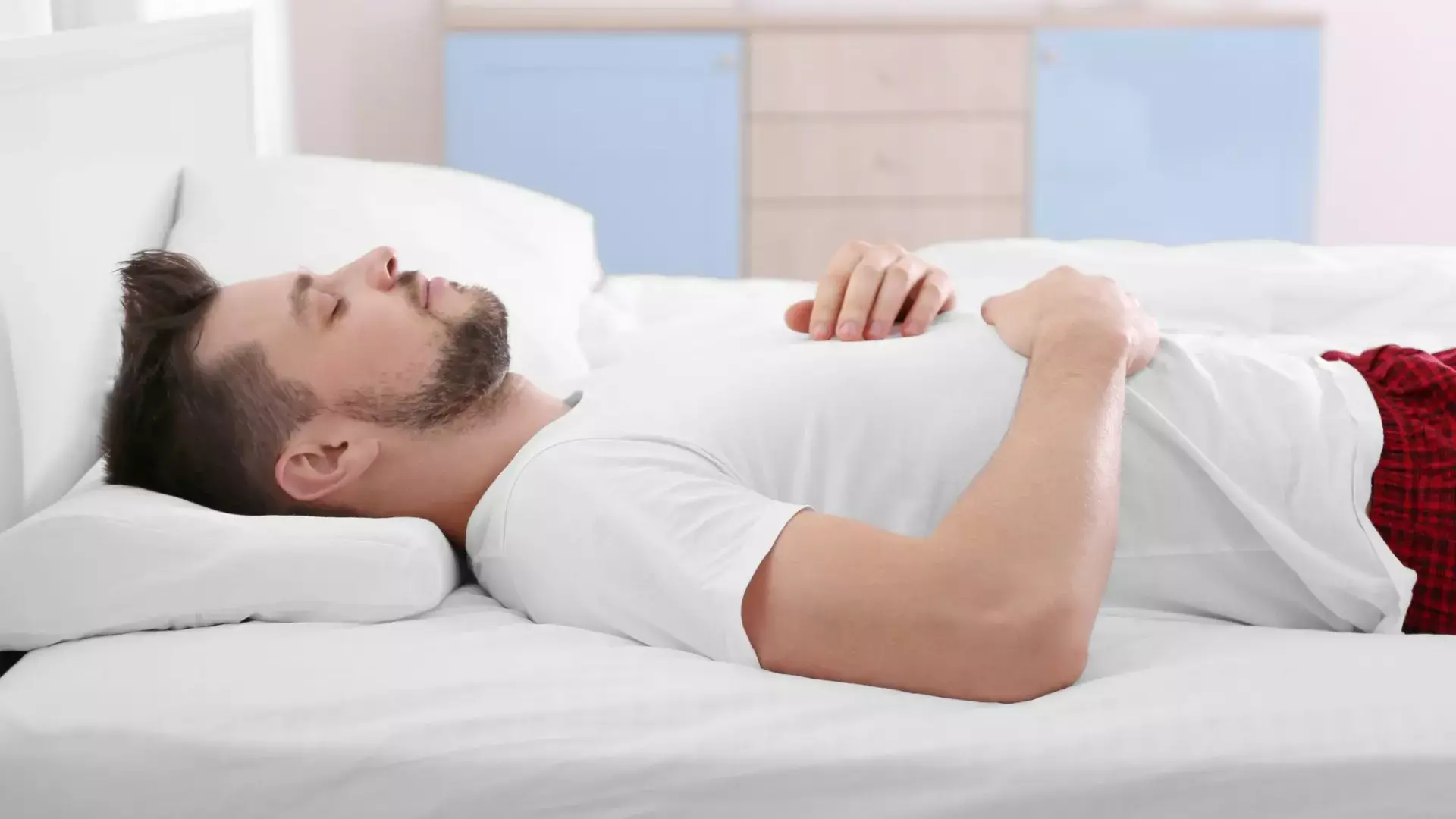
Reminisce all day
This is another way to distract yourself from the internal dialogue. Just scroll through your head all day, remember every detail, little thing.
Do it without emotions, look as if from the outside at what is happening.

Move your eyes fast
Open your eyes and begin to quickly look from one object in your room to another, do not try to examine the situation, just move your eyes in different directions for 1–2 minutes. Then close your eyes and feel tired. Resist it a little and then relax, the body will begin to fall asleep.

Monotonous game
Close your eyes and start thinking of words with three letters for each letter of the alphabet, then four letters, and so on until you fall asleep. The main condition is not to try to think for a long time, force yourself or analyze words, accept any word that comes to mind.
Such a monotonous and meaningless game will quickly make anyone fall asleep. And in the morning you will wake up rested and in good health.
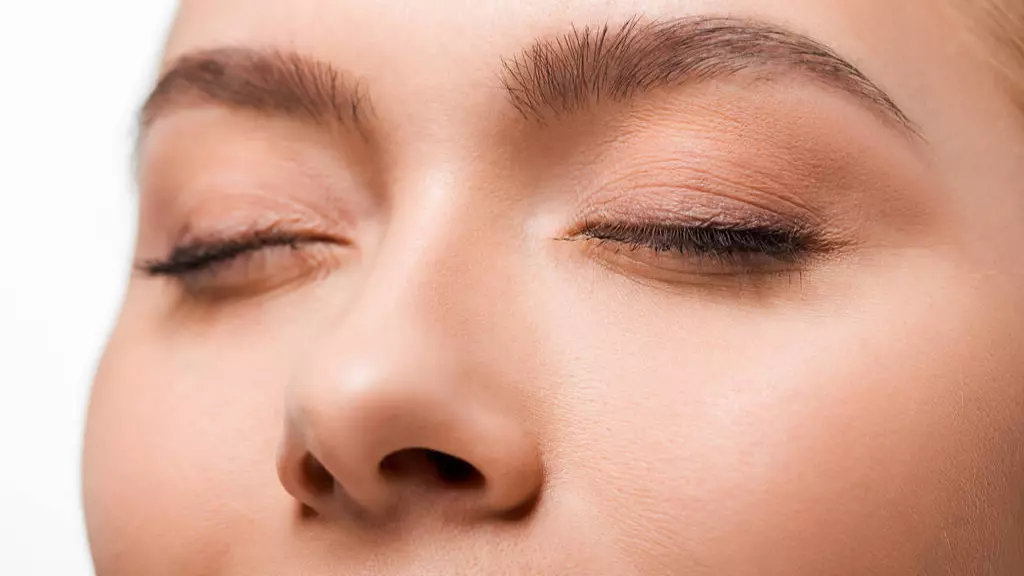
Done!
We are glad if these ways helped you fall asleep easily and sleep soundly before an important day. But if you are regularly tormented by insomnia, then perhaps the problem lies in the wrong lifestyle or disease. The benefits of healthy sleep and proper nutrition can be found in the full article below.

Why can't I sleep? — a very frequently asked question by people, so let's figure out what is sleep, what is insomnia, why can't you fall asleep even when you're tired? Let's talk about sleep problems, how to solve them, and how to have a healthy sleep?
What is a Dream?
Sleep is a natural process that affects our psycho-emotional state and the speed of reactions in the body. It is directly related to metabolism and plays an important role in the processes of restoring physical and mental energy.
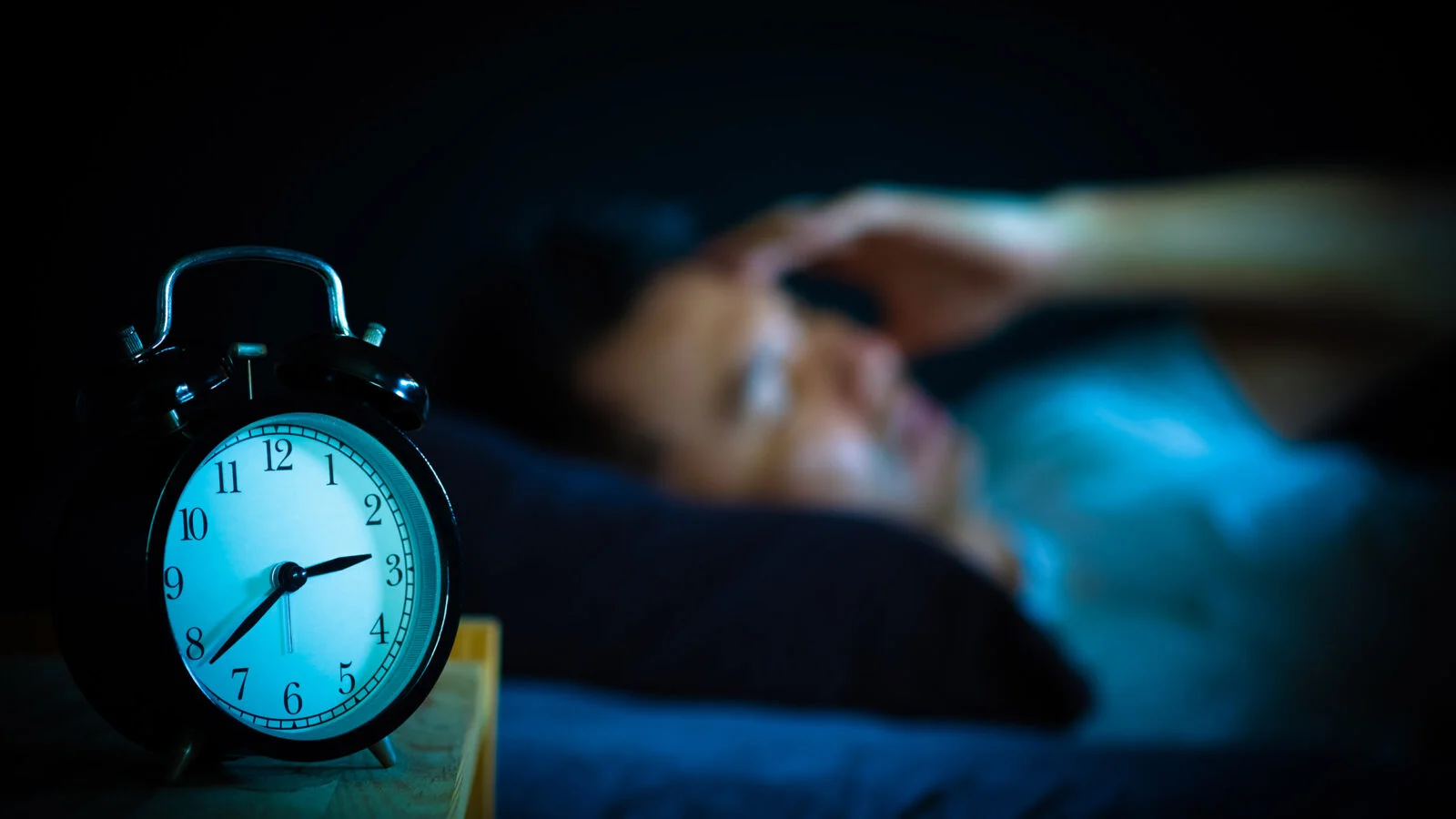
Sleep can be defined as a state of rest, characterized by a temporary suspension of consciousness and will. Changes may depend on age and the presence of stimuli (endogenous and environmental). Each of us knows about the need to plan and adhere to the regimes of wakefulness and rest. It is impossible to accurately determine the time sufficient for sleep – it is individual for each and can vary quite a lot. In addition, not only the quantity is important, but also the quality of rest, determined by personal needs.
How does sleep affect the body?
Good sleep has a positive effect on the physiology on different levels:
- Neuro vegetative: Blood pressure, heart rate, sleep-wake rhythm regularity, hormones, muscle tone.
- Emotional: Involved in mood regulation, control of anxiety and irritability.
- Cognitive: Reorganization of memory processes, consolidation of information received during wakefulness.
- Thermoregulatory: Helps reduce energy expenditure, control body temperature.
Sleep performs several functions at the same time at the physiological and cognitive levels. When we sleep, the activity of the nervous system does not stop, which is of decisive importance for the health and functionality of nerve cells. And this is essential for learning and memory processes.
A person spends about twenty-five years of his life on sleep: this indicates that he is as important to us as air, food, and water.
Sleep at least seven hours a night – is it a luxury, a pleasure, or a duty?
The correct answer from a scientific perspective is the third one. As studies from the University of Surrey (England) show, just an hour of sleep (up or down) can determine the quality of life, as well as adjust health prospects. A deficiency can affect inflammatory processes, immune responses, stress responses, and cellular metabolism.
About one in three sleeps insufficiently, much less than the 7–9 hours recommended by experts.
The reasons lie in the frantic pace of life, bad habits, a whole range of stress factors. Pharmaceutical drugs cannot help with recovery if there is not enough rest. The biology of sleep is too complex. And if health, efficiency, creativity, memory, emotional stability depend on the hours we spend lying unconscious, we should take care of this.
Stages of Sleep
The sleep phase is one of the stages in the sleep cycle, characterized by a certain activity of brain neurons, changes in muscle tone and eye movements. During the night, a person sequentially goes through two phases – fast (REM) and slow (NREM), which, in turn, consists of three stages. Phases and stages follow each other, forming a cycle of up to approximately 110 minutes each.

The slow phase comes first, followed by a shorter period of the fast phase. Then everything repeats a total of four to six times a night. The slow phase consists of three stages, which are replaced in turn, and one of them, the second, is repeated twice. A typical sequence of stages and phases looks like this: N1, N2, N3, N2, REM.
Stages of NREM sleep
- N1. N1 – the shortest period of falling asleep, which lasts from one to five minutes. The body is not yet completely relaxed, while the heartbeat and breathing begin to slow down. Waking up a person is the easiest.
- N2. N2 – a person spends almost half of his sleep in it. It is characterized by slow breathing, decrease in body temperature and complete cessation of eye movements. At this stage, the brain is most actively processing memories, translating them into long-term memory. This is how we remember what we have learned.
- N3. N3 – during this period, the main rest and recovery of the body takes place, including the strengthening of immunity and other functions. Stage N3 is the stage of deep sleep, so waking up a person going through this phase is the most difficult.
REM sleep
The first time, it occurs not earlier than an hour and a half after the person fell asleep. With each new cycle, its duration increases. A total of REM – sleep takes 25-30% of the time. It is in the fast phase that a person sees dreams and develops key cognitive skills, such as learning or creativity. On the advice of experts, it is impossible to artificially shorten the fast phase, as the body is preparing for awakening and vigorous activity, the connection between consciousness and physiological processes in the brain is switched on.
Sleep quality
Specialists conducted a comparative study in which the quality of sleep in various conditions was studied in detail. For the experiment, two types of mattresses were taken: with standard characteristics (“ standard”) and more comfortable ergonomic (“quality”). Each subject (adult men with a mean age of 32) slept on each of the mattresses in two sessions. Research scientists have proven that the properties of the mattress significantly affect the quality of sleep, which is confirmed by the results. A more stable sleep is observed on an orthopedic mattress, the time required to fall asleep is reduced, the number of night awakenings is significantly reduced.
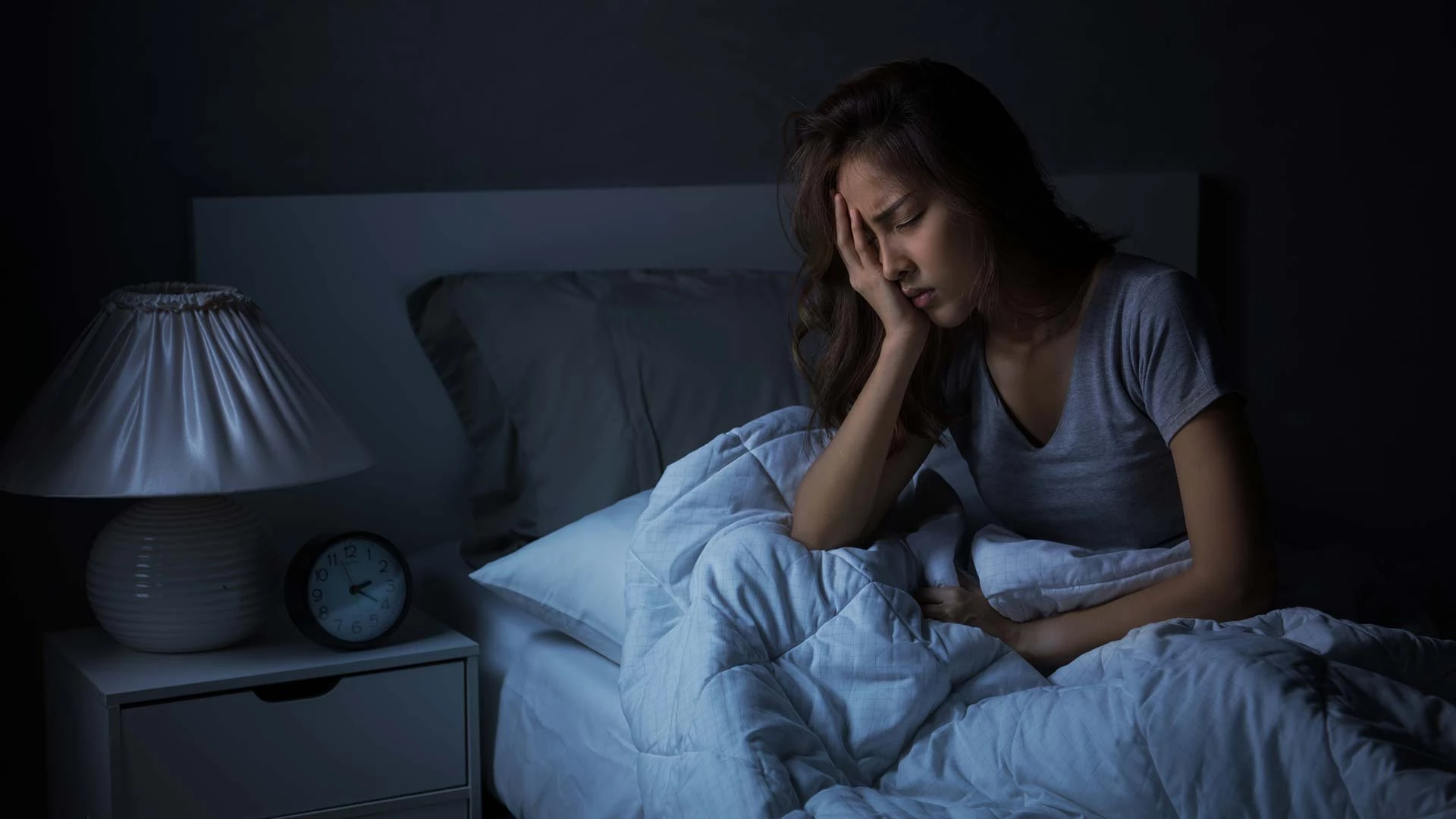
Science proves that comfort depends on choosing the right firmness. This, in turn, can significantly increase the quality of rest and, accordingly, ensure a comfortable awakening. The bed acts as a support for the body during sleep, when the muscles are completely relaxed and unable to support the spine. In general, it should be borne in mind that the mattress should not be too soft or too hard. It must maintain the correct, anatomical position of the spine, which has natural curves in the shape of the letter “S”.
Besides, the mattress should restore its shape when the load is removed or redistributed. A good mattress supports the body at all points, keeping each vertebra in its natural position, to avoid straining the intervertebral discs. Otherwise, uncomfortable sensations constantly arise in the body due to for compression of the intervertebral discs or stagnation of blood and lymph. The consequence is sleep disturbances and frequent awakenings, which by morning leave a feeling of fatigue and malaise. To avoid negative effects, you should also pay attention to the conformity of the mattress and the base.
What affects the quality of sleep?
Scientific evidence is conflicting to some extent, but in general, there are some general guidelines that seem to help. These recommendations (not including sleeping pills) include:
- Same time to go to bed and wake up.
- Exercise or physical activity during the day.
- Darkness in the room during sleep.
- No naps longer than 15 minutes.
- Stop drinking alcohol or nicotine before bed.
- Using caffeine only in the morning.
- Insatiable dinner, and it should not take place shortly before going to bed.
- No computer, TV, or mobile phone in the bedroom.
In addition to these recommendations, there have been many natural sleep aids that have been emerging recently that show some potential in published studies.
What is Insomnia
Why can't I sleep? Insomnia is a sleep disorder in which a person cannot fall asleep, fully rest and recuperate. According to world medical statistics, more than 35% of women and almost 30% of men suffer from this disease. Insomnia is less common in children, about one in four.

Many patients do not pay attention to the disease or try to cope with it on their own. As a result, a persistent sleep disorder develops – chronic insomnia, which is difficult to treat and causes many health problems. In the presence of such a disease, the patient should seek an initial consultation with a general practitioner.
What is considered insomnia?
A healthy person needs at least 6–10 hours of sleep per day for a good rest. During this time, the body recovers, the brain processes the information received during the day. The period of immersion in sleep takes no more than 15 minutes.
It is impossible to do without rest for more than 200 hours. If sleep is not enough, a person feels a breakdown, irritability. With chronic lack of sleep, a decrease in immunity, lethargy, and the development of mental disorders are possible.
Insomnia is a violation of not only the quantity, but also the quality of sleep. Even with severe fatigue in the evening, a person goes to bed and tries to find a comfortable position for a very long time. , relax. Sleep becomes interrupted. In the morning, the patient with insomnia still feels tired. Insomnia is diagnosed when there are three or more episodes every week for a month.
Causes of insomnia
There are many factors that can affect sleep.
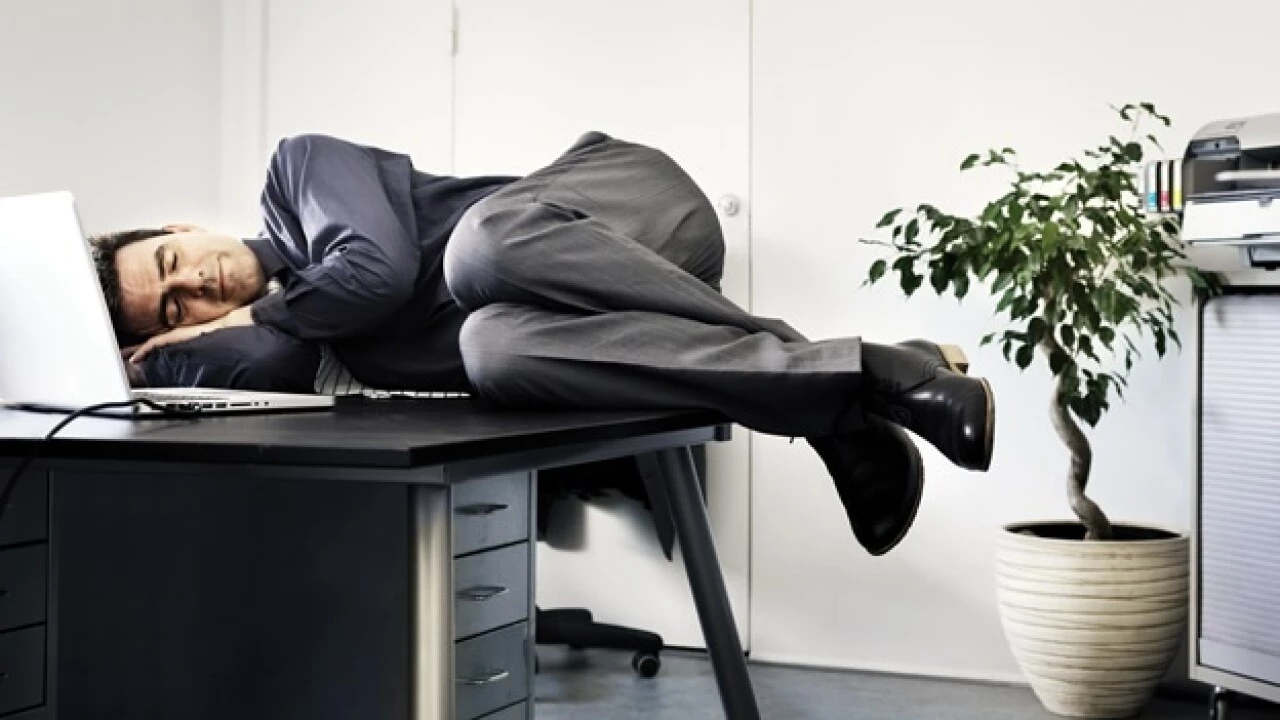
Among the main causes of insomnia:
- Genetic predisposition;
- Taking certain medications;
- Alcohol abuse;
- Bedding before bed;
- Impaired thyroid function;
- Depressions, neuroses;
- Increased emotional excitability;
- Unfavorable environmental conditions during sleep: cold, heat, hard mattress, etc.;
- Parkinsonism, other neurological disorders;
- Arthritis, arthrosis, pathology with severe pain syndrome;
- Disorders of the kidneys and bladder that cause frequent urination;
- Restless leg syndrome
Insomnia can occasionally occur due to travel between time zones or work schedule changes (such as night work). After the provoking factor is eliminated, rest is restored.
The cause of insomnia in women is often menstrual irregularities, pregnancy, or menopause.
Elderly patients and people in difficult life situations are also at risk.
Types of insomnia
By the type of insomnia provoking factors, it happens:
- Adaptive. Symptoms of insomnia appear against the background of severe stress, for example, moving to a different climate zone. Adaptive insomnia does not require serious treatment and can resolve on its own within a few weeks.
- Psycho physiological. The patient is afraid in advance that he will not be able to sleep. By evening the tension intensifies, the fear grows.
- Idiopathic. Insomnia develops from childhood. Often it is not possible to establish the exact cause of the violation.
- Behavioral. This type of insomnia usually affects young children who are used to certain rituals. For example, if a child who was always rocked, just put in the crib, he will be naughty and spin for a very long time. Behavioral insomnia can occur during the period of weaning the baby from the breast or pacifier.
- Because of mental disorders. More than 70% of cases of insomnia are diagnosed in patients with neuropsychiatric diseases.
- Because of a violation of sleep hygiene. The cause of insomnia is a person’s inattention to his daily routine, work, and rest schedule. Coffee before bed, bright noise and light are also provoking factors.
- Caused by somatic disease. Any health problem can be the cause: abdominal pain with gastritis, sleep apnea, cough with bronchitis.
According to the duration of manifestations, insomnia is:
- Transient. Sleep disturbances are short-term, lasting several days. Transient insomnia is caused by environmental changes, such as moving or depression.
- Acute. Sleep disturbances are regular, but last no more than a month. Acute insomnia is more often associated with stress. Patients have difficulty falling asleep, dreams become short, intermittent.
- Chronic. Insomnia lasts for several months and is provoked by various factors. Patients note periods of deterioration and improvement in their condition.
Insomnia symptoms
Sleep disorders cannot be confused with another disease. At night one cannot rest, and during the day becomes distracted and irritable. I want to sleep all the time. Insomnia does not allow you to focus on the performance of job duties, causes a decline in motivation. Additionally, the development of headaches, indigestion is possible.
How important is sleep?
The correct daily routine does not begin with exercise, but with sleep hygiene, since mood and energy flow during the day directly depend on how much we rest and recover at night. Good sleep improves the functioning of the whole organism: mood, sports performance, learning level increase, the condition of our skin improves, memory and, of course, the desire, and ability to take care of your health.

Top reasons:
- Let's start with the most basic: not only the beginning of the day is important, but also how we end it. It is your activities before bed that affect how you will feel the next day. Therefore, I suggest you get a convenient system of bedtime tools that will help you fall asleep faster.
- Average sleep should be between 6 and 11 hours per night. And it is critical to accustom your body to falling asleep at the same time. Try to calm your nervous system an hour before bedtime. If possible, remove all gadgets, turn down the volume of the TV and dim the lights. “Lectures” of children and all sorts of showdowns also need to be excluded. In this way, our brain will receive a signal that bedtime is approaching.
- The last meal should be two to three hours before bedtime. In this case, the vagus nerve, located in proximity to the stomach, is not clamped, and it is easier for us to fall asleep. Moreover, I will tell you a secret: sleep depends not only on dinner, but also on what we had for breakfast. L-tryptophan, a melatonin precursor, is found in many foods: turkey meat, sesame seeds, cottage cheese, certain types of nuts, dates, fish, red meat, etc. It not only improves mood, but also improves sleep quality.
- Be sure to ventilate the room, and try gradually to accustom your body to sleep at a temperature of 18 to 21 degrees. And very soon you will forget about headaches.
Progressive Muscle Relaxation
Let's look at the 2018 study. It was attended by 68 people who feared dentistry and avoided treatment due to anxiety. The participants were divided exactly into 2 groups. The first was trained in PMR and oral hygiene for 4 weeks. The second group was only taught oral hygiene.

Helped?
- At the end of the study, measurements were taken. Anxiety was measured using the 20-point Korach Dental Anxiety Scale. In humans, anxiety decreased from 13.7 points to 9.9 points. In the second group, the level of anxiety remained almost the same.
- The stress hormone. They also found less of the stress hormone, cortisol, in their saliva. They also had a lower heart rate and blood pressure, which confirmed a more relaxed state of the body. VMR also relieved symptoms of depression, measured using the Beck Depression Scale. Then, after 3 months, the researchers took the same measurements, and the results not only remained the same, but even improved slightly.
In 2019, PMR was studied on 50 unemployed people. The results also indicated that VMR reduced symptoms of anxiety, stress, and depression. People's well-being and quality of life have also improved.
A 2020 study found that PMR calms people with COVID-19 and enables them to overcome stressful situations.
Why progressive muscle relaxation works
During stress, breathing quickens and more oxygen enters the bloodstream. In this case, the blood pumps faster to nourish the muscles with oxygen. So, the body prepares to run or fight to survive.
This response is provided by the sympathetic nervous system. Some researchers suggest that PMR dulls the sympathetic nervous system. This comes from – for repetitive muscle tension and slow breathing: a person reduces the need for oxygen caused by stress.
PMR can also be relaxing because exercise releases pain-relieving and anti-inflammatory substances called opioids. This is confirmed by an experiment, in which the production of opioids was pharmacologically blocked in humans and PMR was performed with them. Opioid blocking interfered with the blood pressure lowering that PMR usually provided.
How to fall asleep quickly?
We roll around in bed for a long time and do not understand why we are still awake. In this case, tips and tricks told by somnologists, yogis, psychologists and just Internet users can be helpful.
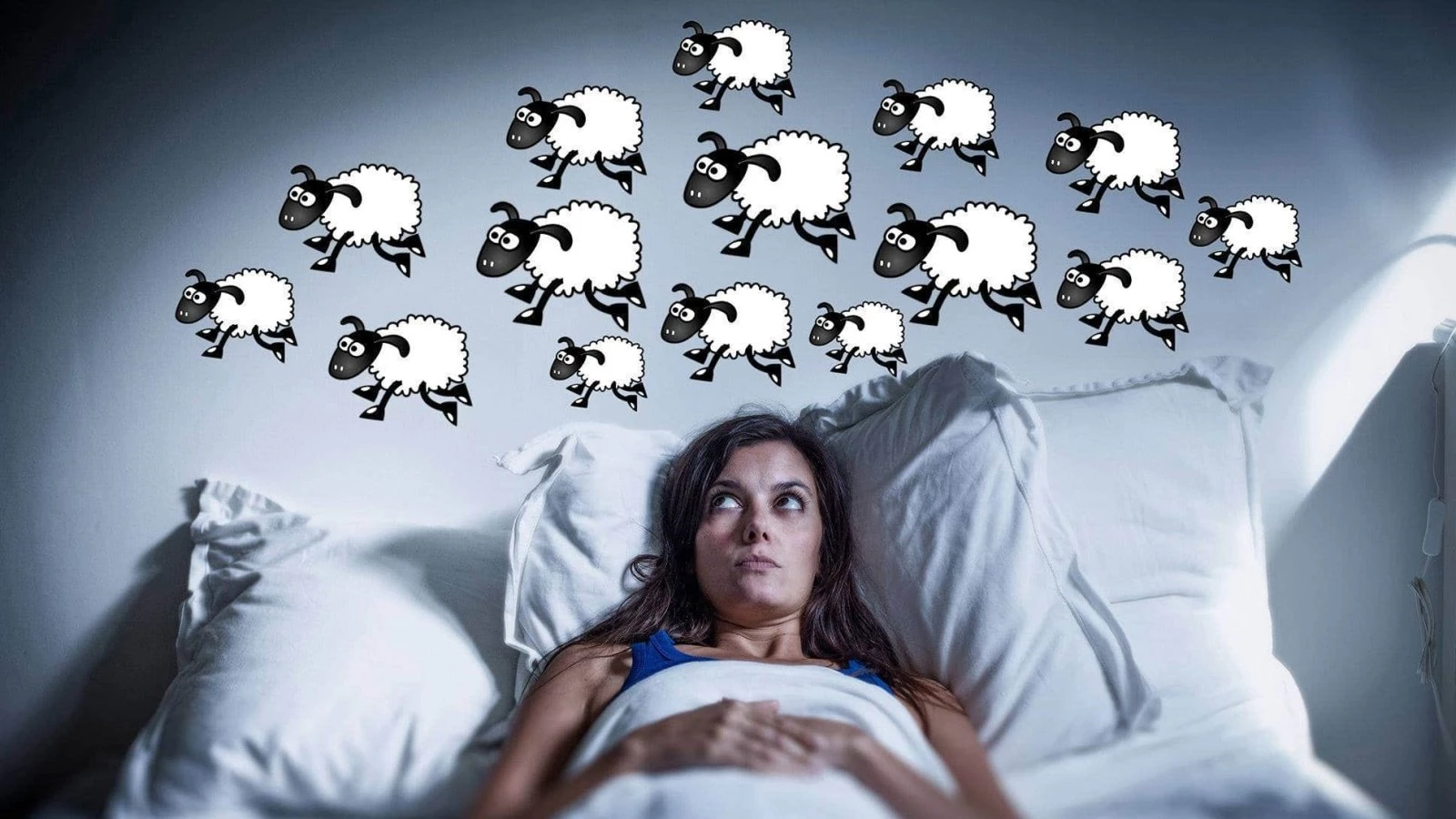
Ways:
- Classic “count sheep”. A monotonous account will distract from obsessive thoughts and memories of the day. An alternative method is not to perform simple mathematical operations, but just repeat two long numbers in your head, for example “1353 – 1355”.
- Imagine a pendulum swinging slowly from side to side.
- Get out of bed for 15–20 minutes and go about your business.
- In turn, relax all the muscles from the forehead to the tips of the toes. Concentrate on this feeling.
- Do a breathing exercise. For example, inhale through the nose for 4 counts, hold the breath for 7 counts, exhale through the mouth for 8.
- Use acupuncture massage: stimulate the points between the eyebrows, the corners of the eyes, the solar plexus, the wrist from the palm to the little finger.
- Imagine a calm and happy place, mentally transfer yourself to it.
All methods are related to cognitive behavioral therapy and can sometimes help. And breathing, and the monotonous counting of objects, and massage, and auto-training in the form of muscle relaxation – everything contributes to relaxation, distraction and falling asleep faster. But techniques can work for those who are willing and willing to do them. For some, actions will cause a worsening of the situation: a person performs exercises, does not fall asleep in 15–20 minutes and begins to get irritated.
If you can't sleep?
There is one of the main rules which we recommend. If you lie in bed for 20 minutes and do not sleep, it is better to get up and do monotonous activities. Without bright light, TV, drinking alcohol, smoking – these factors only excite. Suitable, for example, reading a book with spot (spot, dim) lighting – but not from the screen of a phone or computer.
- The use of white noise helps: the noise of trees, waterfalls, birdsong, calm music. For most people, white noise – this is experimentally confirmed – synchronizes the work of neurons and starts the process of sleep, allows you not to concentrate on your thoughts and anxieties.
- Another option is to listen to a monotonous broadcast with soft voices without nervous scenes. Although in my practice, there was a patient who could fall asleep so much under the rock. Another confirmation of what individual features we all have.
We answered the question of many people, “why can't I sleep”
How to fall fast asleep
The key to a restful sleep is its hygiene: compliance with the schedule for falling asleep and waking up even on weekends and holidays, comfortable conditions, avoiding active sports and gadgets before nighttime. You should not use the bed as a workplace and a place for eating – it should remain a relaxation area. Sufficient daylight is also recommended instead of constant twilight – otherwise melatonin production is disrupted.
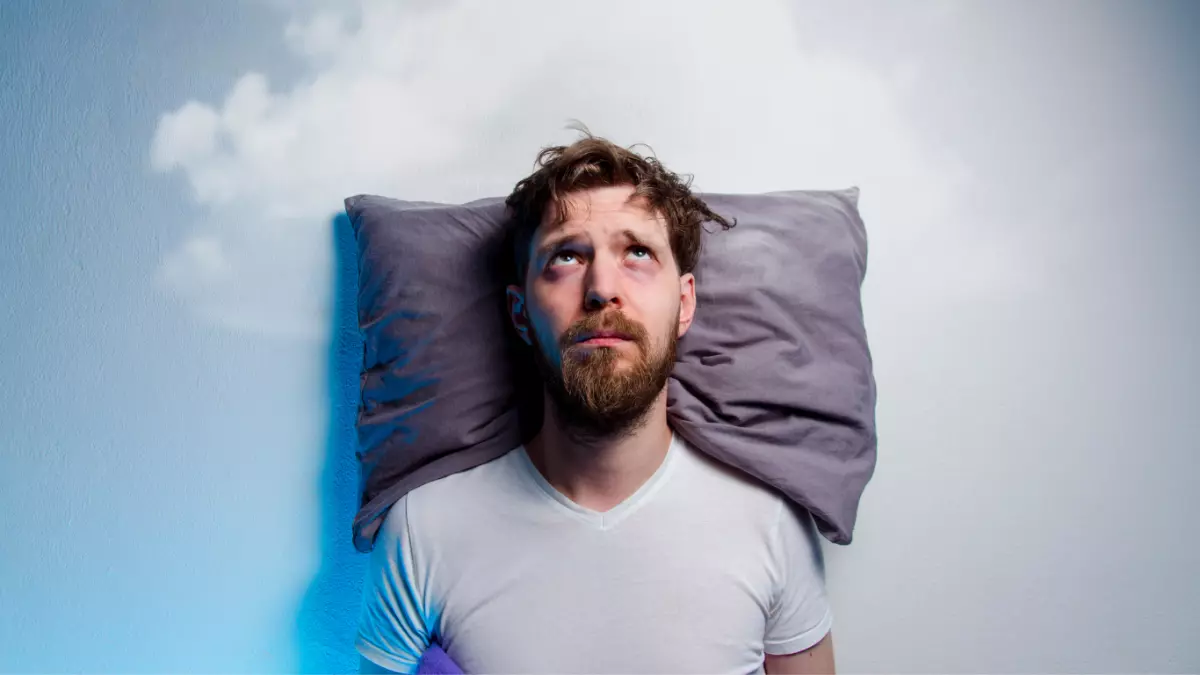 What should I do?
What should I do?
- 18-20 °C. Temperature matters a lot. 18-20 °C is a good range for most people. Both an increase and a decrease in temperature can impair the quality of sleep.
- Position. It has been scientifically proven that the posture on the back increases mortality for various reasons, on the stomach – compresses the gastrointestinal tract. The optimal position is considered to be on the side, on the left or right – it is not relevant so much. Many people think that sleeping on the left side harms the heart – it's not.
- Food. It is important not to overeat at night, but also not to go to bed hungry – this does not contribute to sleep. A heavy dinner is not recommended within 4 hours before bedtime. A light snack during this period is possible.
- What to eat. They say that before going to bed you need to eat dairy products, cheese, nuts. They contain the amino acid tryptophan, a precursor to melatonin, so these foods help some people fall asleep. But it is impossible to give universal recommendations. For example, people with lactase deficiency do not tolerate milk – because of it, the stomach will seethe so that it will not be up to rest.
- Cherry. Cherry has also been touted as a sleep product. It does contain relatively high concentrations of melatonin. It's not a sleep hormone, as it is incorrectly called, and the night hormone is a signal to the whole body that the daylight hours are over. During the day, there are trace values of melatonin in the blood, its concentration increases with the onset of darkness – therefore, foods with melatonin (eaten in the evening, not during the day) can improve falling asleep.
A non-hot shower or a warm bath helps to lower blood pressure, relax and fall asleep. But there are exceptions here too. For restless leg's syndrome (occurs in 15% of the population), cold or contrast showers are used to relieve discomfort in the legs. It's better for a person to check what exactly helps him fall asleep is very individual. Sometimes oils, weighted blankets and other things help.
I think this list answered the question, how to go to sleep?
How to improve sleep

Let's see how you can improve the quality of sleep:
- Quality over quantity. Many people insist on getting seven or eight hours of sleep a night, but it's actually pretty silly. We pay too much attention to the duration of sleep, not its quality. First, sleep is made up of different components. For example, if I were a nutritionist and told you, “It doesn't matter what food you have on your plate, just weigh it,” you would laugh at me. In addition, the actual need for sleep varies from person to person. It is not advisable to row everyone under the same brush. Rating sleep by how long it lasts is a pretty crude way to measure sleep quality.
- Time to go to sleep, not look at the screen. Electronic devices have become a real problem. We know that if you are exposed to bright light before bed, especially from a bright screen, it can throw off your body clock to help you sleep. But we often overlook another important point: people pick up their cell phone or tablet, get into bed, and start checking their social media. Suddenly, an email arrives. And then you think: “I need to do this, and someone else did this and that.” And you wind yourself up and cannot relax. It's best to move electronic devices away from the bed and forget about them.
- If you want to take a nap, do it right. Sleeping is essential. Your biological clock determines when you sleep and when you should wake up. It is critical to observe the regularity of sleep, go to bed and get up at the same time. If you start sleeping out of tune with your biological clock, you will start to have problems. For example, if you did not sleep well at night and fell asleep for a long time during the day (which you usually do not), you will wake up sleepy, you will think badly and in general, you will feel just terrible for a while. This is a real manifestation of a violation of the daily rhythms of the body. If you didn’t sleep well at night and want to take a nap during the day, sleep for a short time – about 20 minutes. This will help you cheer up. In general, short naps can be very helpful, and too long – to lead to the opposite result.
- Don't get too hot before bed. Before going to bed, you should avoid raising your body temperature. Your body wants you to cool down before bed and is deliberately trying to cool you down. This is part of the process of self-synchronization of the biological clock. Don't do intense workouts a few hours before bed. This is important not only for relaxation, but also for cooling. In addition, such training leads to the release of adrenaline. And in any case, this should be avoided. Do not raise your body temperature, and if you want to work out, you can arrange a jog in the fresh air in the evening. A cold shower won't hurt either. In fact, it will not greatly affect the cooling of the body. However, we have found that taking a hot bath before bed can lead to undesirable effects. If you have taken a hot bath, you need to cool down as quickly as possible.
Summary
Healthy sleep is a high activity of the brain, physical energy of the body, working capacity throughout the day, the ability to enjoy life and be productive. And to sleep well, you need to know how to fall asleep quickly, but now you have complete information about this.
 190 cm to inches
190 cm to inches
 17.5 cm to inches
17.5 cm to inches






